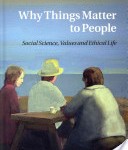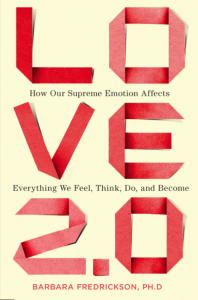A month ago, the economist Richard Easterlin published an op-ed in the New York Times where he drew upon his work analyzing surveys to argue that increasing economic growth does not boost reported happiness. China is one of his best examples.
I admire Easterlin’s long-standing work and I like his argument. The idea that money doesn’t always bring good things is old and validated. Jesus did say that it is easier for a camel to go through the eye of a needle than for a rich man to enter the kingdom of God—a shockingly strong statement, particularly in light of the fact that most Americans are among the richest 5% of people in the world. (It only takes $34,000 per person to be amid the richest 1% of people in the world.)
It’s just that this work, along with a lot of other research on happiness, is not really about happiness. A great deal of the data he drew upon asks, actually, about “life satisfaction”—something quite different. Being satisfied connotes being content, sufficient and adequate, of being acceptable, of being good enough. This is not the same as happiness, which is a positive feeling or state of well-being.
If had you asked me when I was twenty-two years old to rate my life satisfaction, I’d probably have said 8 out of 10 because I had met certain standards for myself. I had graduated from college, was healthy, and had friends and family. But there were still some things I wanted out of life: I was looking for a job and starting a career. So, I would have thought, “Well, I’m not a 10, but I’m not a 0. Maybe 8?”
If you asked me the same question yesterday, I might give you exactly the same number for the same reason: I am largely content, but I still have more I want to do. However, I have had a recent infusion of joy into my life: I had a baby boy three months ago, and his coos, gurgles, and smiles fill me with delight all day long. Do I have more joy? Yes. Am I happier? Yes.
The difference is that being satisfied with life is more about meeting an expectation, being content, and being generally ok with life (there is a standard and we can be closer or further from meeting it), whereas, in theory, there are no upper limits to happiness. There may be happiness that we cannot even imagine.
Can we say, then, that life satisfaction is more like taking an exam (where 100% is the highest you could get), whereas happiness should be scored more like an essay (upon which there are no constraints in how excellent, thoughtful, or thought-provoking it could be)?
Or, maybe we can say that asking whether you’re satisfied with life is like asking whether you finished your scoop of ice cream, whereas asking about happiness is more like asking how your scoop of ice cream tasted. There are no bounds on how delicious ice cream could be.
It’s worth thinking about. What are our standards? What would make us satisfied with lives? What, on the other hand, are the possibilities for happiness and joy in our lives?












